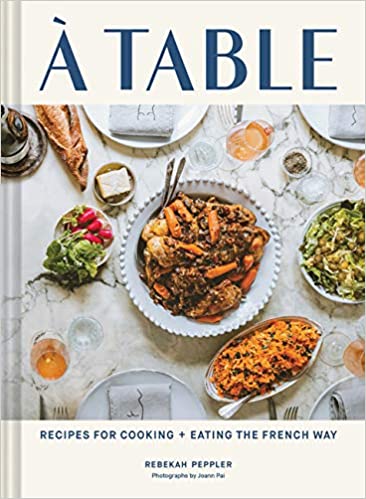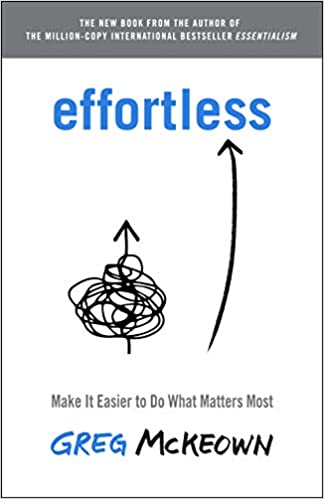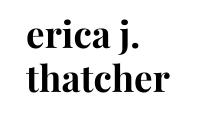To me, the end of winter is a time for reflection and for a reset. And it’s a good time for a mixed-bag reading list, which can make for some interesting takeaways.
Happy editing!

À Table (2021), by Rebekah Peppler. Chic snacking, the French way. This is the cookbook I’ll be turning to for dinners, sides, and easy party snacks. It’s everything I love about eating, cooking, and entertaining: simple, sophisticated, scalable. It also appeals to my salty-sweet snacking sensibilities.
If you come over for happy hour, I’ll most likely to do one—or all—of the following suggested by Peppler:
- Dress up store-bought kettle-style potato chips by reheating the chips and tossing with Peppler’s spicy-smoky paprika mix
- Melt slices of funky Camembert cheese with smashed dates and thyme and drizzle with chili oil
- Make mini-wedge salads with little gem lettuces, lardons (bacon), radishes, and a creamy bleu cheese dressing
- Mix you a fizzy, bitter, citrusy drink with vermouth or Campari in it 🥂

Debt Free Degree (2019), by Anthony ONeal. I would have never thought about disussing college (and money for college) with my sixth-grader, but ONeal recommends it because he says it’s the perfect age to talk about dreaming—and planning.
Here are some other takeaways:
- Your child’s success doesn’t depend on going to an elite college–it depends on them focusing on the future and doing the work
- Encourage a work (and savings) ethic. If your child is focused, they’ll be able to save money for college or spend time looking for free money (grants and scholarships)
- If the money isn’t there, consider a gap year
- Don’t spend your retirement paying for your child’s college education 💲

Effortless (2021), by Greg McKeown. His first book, Essentialism: the discipline of the pursuit of less (2014), really changed the way I thought about how I was spending my time at work and at home (as a scatterbrained mom of a three-year-old).
Effortless is an interesting reflection on how Essentialism principles can be even further refined. You must know by now that I’m a nerd for simplicity. I’m sure my coworkers are tired of me saying “What if we didn’t make our processes and procedures so complicated?”
There’s plenty of actionable advice here, even if you don’t work in the public sector (like me):
- Do everything you can to simplify your processes or projects, or you’ll probably talk yourself out of them. Are you making your processes too complicated? Focus on “minimum steps” or “essential steps”
- If you’re having trouble getting started on something, don’t focus on perfection at the beginning. McKeown says to “simply lower the bar to start.” Give yourself the space to get started
- Entrepreneurs, take note: Being good at something nobody is good at is better than being great at something everyone is doing
- Make checklists, even for the things you do regularly—you’ll decrease your chances of forgetting important things 😎



